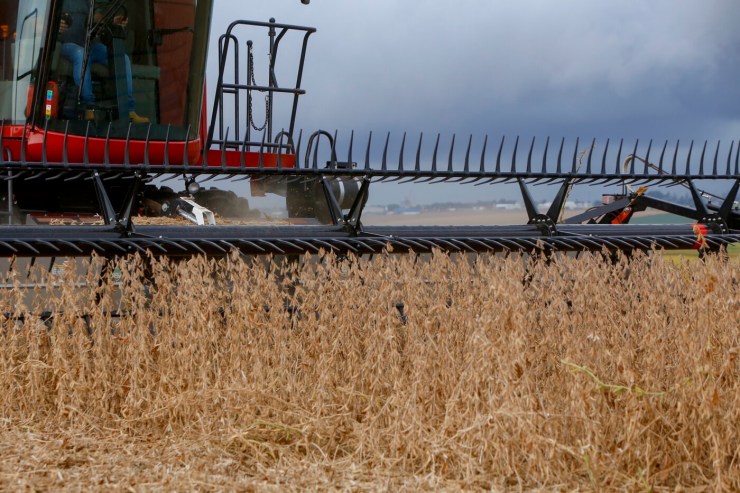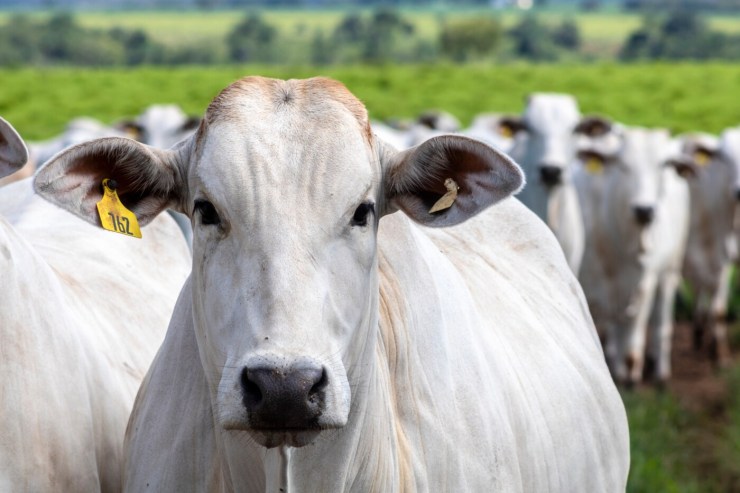In the current agribusiness landscape, extreme weather events, market fluctuations, and logistical challenges are increasingly frequent. Risk management is becoming key to protecting and ensuring the smooth running of operations as a whole. Climate change, such as prolonged droughts and heavy rainfall, combined with economic and logistical instability, has required producers and companies in the sector to adopt more structured and defensive measures.
As rural vulnerability increases, so does the need for solutions that provide security amid adversity. In January of this year, the Federation of Industries of the State of Minas Gerais (FIEMG) released a study indicating a loss of approximately R$24.4 billion in the agricultural sector, a figure significantly impacted by climate change.

But risk in agriculture isn't limited to the natural environment. Operational and financial challenges are also part of the equation. Data from Serasa Experian shows that, in 2024, default rates among Brazilian rural sectors varied throughout the year. In the first quarter, the rate reached 7.3%, representing an increase of 0.8 percentage points compared to the same period in 2023. In the second quarter, it increased to 7.4%, and in the third quarter, the negative balance reached 7.7%.
It is precisely in this context that insurance becomes a key player. It acts as a safety net so that producers, cooperatives, and companies in the sector can weather adverse periods without compromising business continuity. Risk management allows for anticipating problems and making more confident decisions, reducing uncertainty and protecting assets.
The role of insurance goes far beyond the policy: it works in partnership with cooperatives, input distributors, and financial institutions, helping to protect cash flow and preventing the need for measures such as judicial recovery to sustain operations. Brazilian agribusiness faces increasingly complex and unpredictable challenges, and in this scenario, risk management has become essential to ensure stability and protect assets.
Faced with so many uncontrollable variables, professionalizing risk management in agribusiness is no longer an option, but a strategic necessity. Investing in planning, protection, and prevention is the way to preserve the sector, ensure business continuity, and promote a safer future for production processes.





